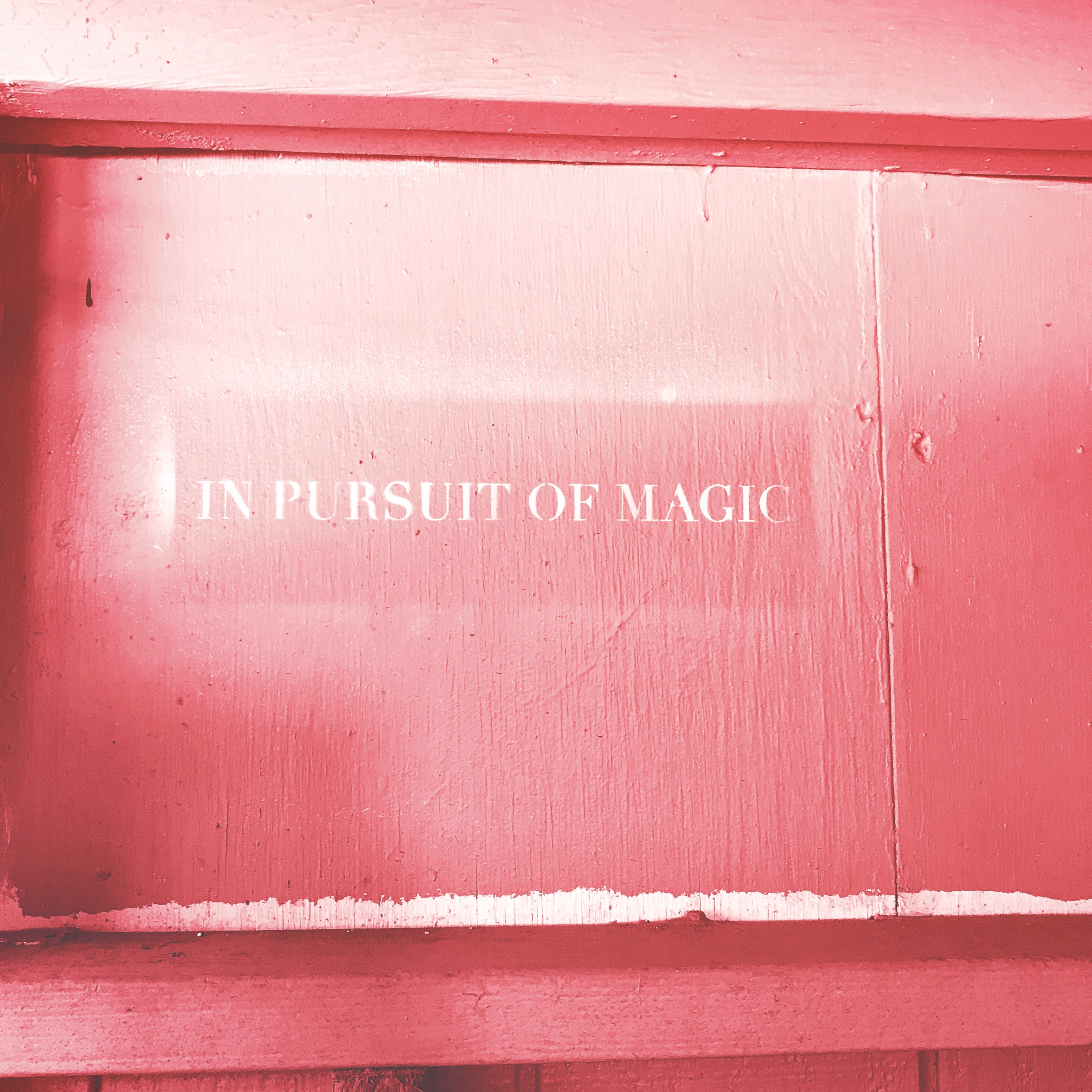Photo by Karly Santiago on Unsplash
Words are the essential tool of every writer. It’s not only writers who benefit from a good vocabulary, though. All human beings use words. It’s one of the defining characteristics that elevates mankind—the ability to use speech to communicate.
TOOLBOX
Our toolbox of communication consists of various sets of words. We have our everyday kit that we use most frequently. These are the words that come to us easily, that express what we need, want and feel. And these are usually the very prosaic, common words that others understand and share, also.
We have the new, shiny words we’ve just acquired—we can be infatuated with these. They might be the current slang, which comes and goes. “Everything’s jake,” Archie Goodwin says in Rex Stout’s novel, “Murder is Corny.” Nero Wolfe replies, “There’s good slang and there’s bad slang. That’s bad slang.” Some of our good slang eventually becomes part of our habitual toolkit, while most of it falls into disuse. They might be pretty or awesome words we just learned that inspire or dazzle us. Some of the new, shiny words make their way into our writing, in letters and blog posts, in articles, short-stories, novels. Eventually, the shine wears off. We keep what is most effectual and put aside the others.
We have our special jargons, the ones that define our professions or avocations. We have a host of words that only other lawyers will understand, or other gardeners, or other chefs, or other medical professionals, or other mechanics or other car enthusiasts or golfers or philosophers or clerics or whatever. The “ese” that specialists use to dig deeper and define and refine their special bodies of knowledge and worlds of interest.
We have reading vocabularies that permit us to cross-train, so we can understand at some level what others have written, even if we’re not using those words ourselves on a daily or frequent basis.
Some of us have multiple language vocabularies, permitting access to larger and deeper oceans of world cultures and ways of thinking.
BENEFITS
The benefits of building vocabulary stagger the imagination. Words enable us to think thoughts we couldn’t otherwise think. They are little bombs of empowerment.
Children who improve their vocabularies strengthen their sense of self! They gain the power of self-actualization. They learn decision-making with the use of words. Words can act as anchors to ground us in troubled times. Or they might form into a trellis or structure that we climb up as we grow. Vocabulary can be the wind that lifts our wings or helps us soar. Just as bad words used against us can tear us down and cause damage to children, words gathered and guarded can act as a buffer against trauma and help us and our children become, identify, and feel self-esteem.
Studies show that children who hear more words in their early, formative years, establish patterns of success in school and in social interactions. Children who experience fewer words as toddlers and pre-schoolers often face a development delay from their lack of vocabulary. Rebecca Bellingahm explains in a TedX talk, “Why we should all be reading aloud to children.” https://youtube.com/watch?v=ZBuT2wdYtpM
Words help us think and learn. Vocabulary opens the landscape to new imaginations and images, new experiences, new feelings, new connections.
Not unsurprisingly, people with a good vocabulary often garner respect from their peers. More significantly, though, people with good vocabularies improve their self-confidence and self-esteem.
STRATEGIES
Simple strategies improve word recognition, word acquisition, and word usage. Reading aloud to children benefits both children and reader! The drama of the spoken word helps cement words into a reality framework that can be recalled and used. Singing is another surprising technique, where words gain both meaning and rhythm that can sustain a beat and keep a child’s attention focused. Talking is, of course, the number one strategy for gaining vocabulary.
Whether you read silently, use the dictionary, play word games or binge-watch television shows, you are using your vocabulary toolkit for understanding communication.
TODAY!
Now take some of those words and build a story! Read it aloud to children, and share the magical power of words. Help the world build a brighter future, one word at a time.

